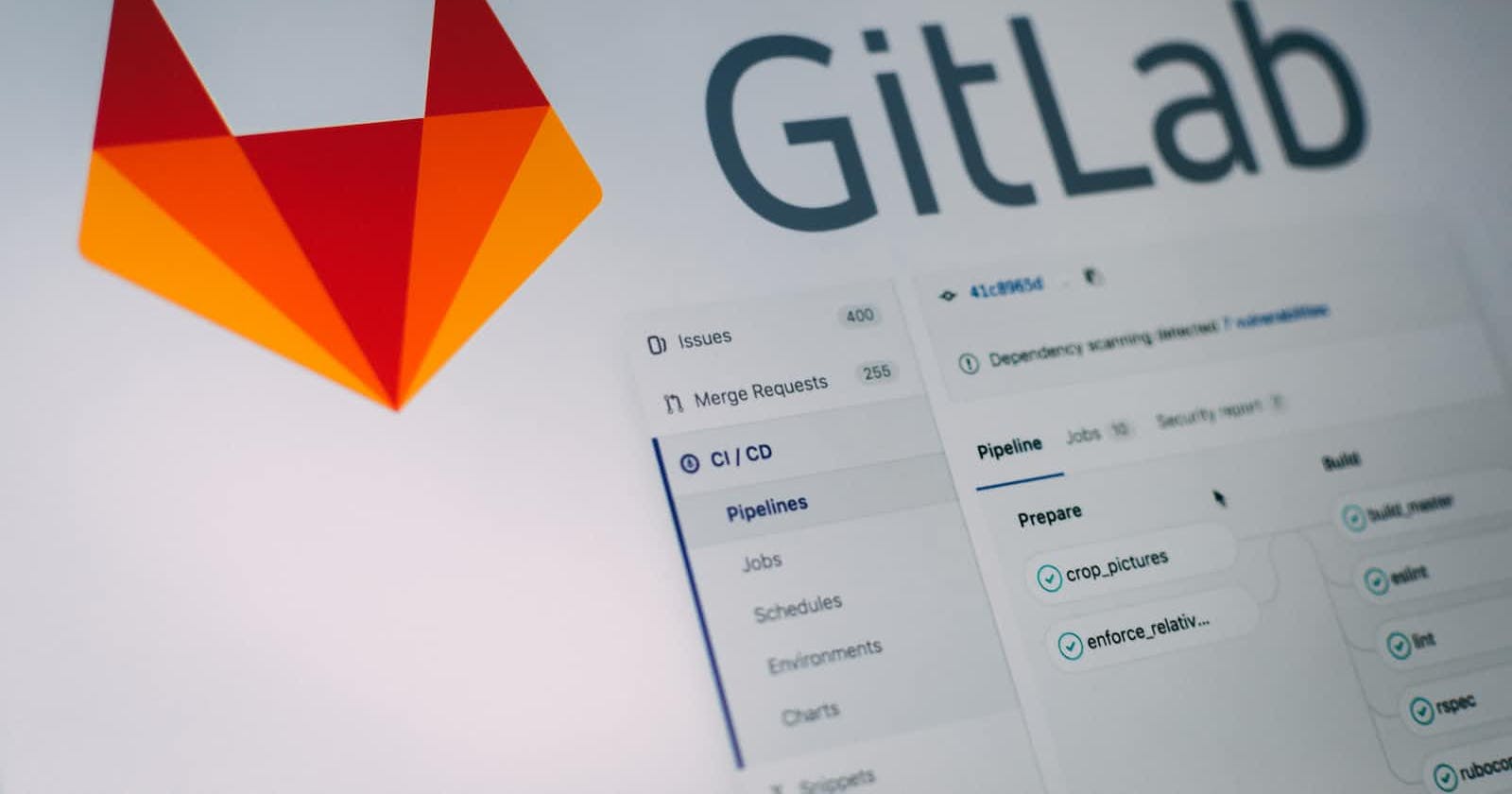Git is a widely used version control system that allows developers to track changes to their code, collaborate with others, and manage different versions of their projects. However, there are other version control systems that can serve as good alternatives to Git, depending on your needs and preferences.
One popular alternative to Git is Mercurial. Like Git, Mercurial is a distributed version control system, which means that it allows users to work on their own copies of a repository and then merge changes with others. Mercurial also has a similar command line interface and commands to Git, making it easy for Git users to transition to. However, Mercurial is generally considered to be more user-friendly and easier to learn than Git.
Another alternative to Git is Subversion (SVN). Subversion is a centralized version control system, which means that all changes to the code are committed to a central repository. This can make it easier to manage large projects with many contributors, as changes can be easily tracked and controlled. Subversion also has a more robust access control system than Git, making it a good choice for organizations with strict security requirements.
A third alternative to Git is Apache's distributed version control system (DVCS) named as Apache Allura, which is a web-based software that is an open source alternative to GitHub. It has similar features like Git and also has a user-friendly web interface for managing projects and team collaboration. It is also a good choice for organizations with strict security requirements.
Another alternative to Git is Bitbucket, which is a web-based version control system that is similar to GitHub. Bitbucket is owned by Atlassian, the same company that owns Jira and Trello. Bitbucket is a great choice for teams that use other Atlassian tools, as it integrates well with them. Bitbucket also offers built-in continuous integration and deployment, making it a good choice for teams working on web projects.
Another alternative to Git is Plastic SCM, which is a distributed version control system that is designed to handle large binary files and handle more complex branching and merging scenarios. It also has a visual and user-friendly interface, making it easy for developers to navigate and understand their code changes. Plastic SCM also offers built-in support for multiple platforms, including Windows, Linux, and MacOS.
Another alternative to Git is Perforce, which is a centralized version control system that is designed for high-performance teams that need to handle large binary files and handle complex branching and merging scenarios. Perforce also offers built-in support for multiple platforms, including Windows, Linux, and MacOS. It also offers advanced features such as atomic commits, which ensures that changes are committed together or not at all.
In conclusion, there are many alternatives to Git that offer different features and strengths. Whether you are looking for a distributed or centralized version control system, there is an option that will meet your needs. When choosing a version control system, it is important to consider your team's needs and preferences, as well as the specific requirements of your project. It's also important to consider the support and the community behind the VCS, as well as the cost, if any.

